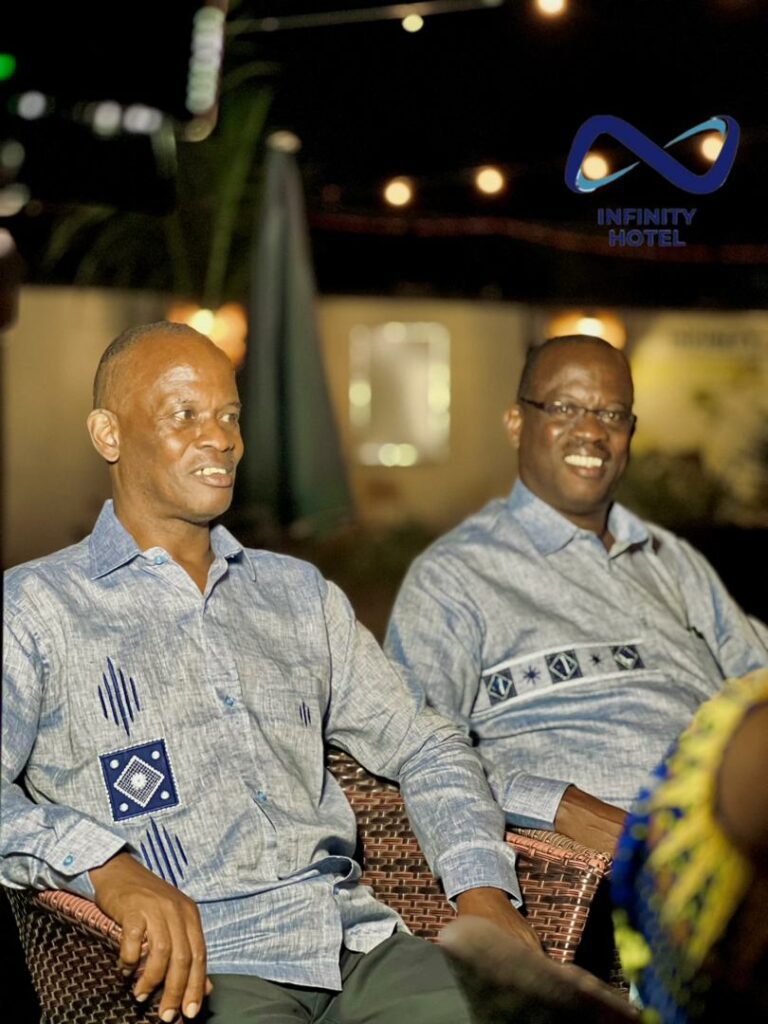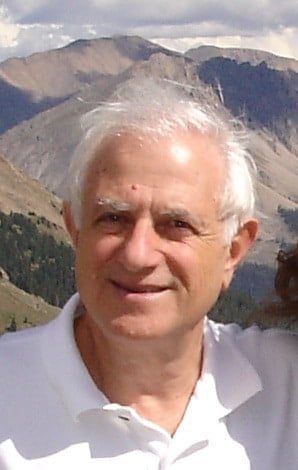By Burt Ross
You, my reader, are going to have to trust me on this one — before this column ends, we will be back in Africa. Just be patient.
Let’s be honest with one another. Unless we have achieved the fame of a Dr. Martin Luther King Jr. and have a national holiday named after us, we are pretty much forgotten in a generation or two. By the time our great grandchildren come around, we will be ancient history at best, little more than a sandcastle before the first wave hits.
I felt a bit down about this reality, but my bride, as usual, came to the rescue. She had another way of looking at our immortality and expressed it in one word, “ripples.” Whenever we do something good, we create ripples, and they will go on and on. She was right again.
And so my story begins: When I was 14, my leg was operated on at Boston Children’s Hospital. In a neighboring room was Barbara Holtz, a 14-year-old girl who had surgery performed on her arm, which like my leg, had been weakened by polio. We shared a bathroom, and despite her coming into the bathroom on two occasions without knocking, we became lifelong friends.
Several years later, around the time I entered Harvard, Barbara matriculated at Mount Holyoke, a top women’s college in Massachusetts. In my sophomore year I roomed with Aggrey Awori, an Olympic sprinter from Uganda who never lost a dual meet in his four years at college. He was the fastest person in the Ivy League, and, if the truth be told, I was the slowest. We were the original odd couple.
I tried to convince my mother to let me go to Uganda over the summer, but Mom was not about to let her Jewish American Prince get eaten by a lion. My idea fell on deaf ears and was dead on arrival.
That same year, Barbara befriended a classmate of hers named Thelma from Liberia. Two matchmaking geniuses, Barbara and I figured out that two people from the same continent with over a billion people would naturally hit it off. And, by God, they most certainly did. Within a year, they got married, and Thelma transferred to Harvard.
A year later Thelma got pregnant and delivered two boys named Nabongo and BaiSama. They were born two months premature and each weighed 2.5 pounds. After Aggrey, Thelma, and I graduated, we occasionally saw each other, but ultimately they all moved back to Uganda. Aggrey died several years ago, and I had not seen the boys since they were infants. I finally decided to go to Uganda to see Thelma and her family 60 years after my Mom had closed the door.

The boys, now men of 60, picked my bride and me up at our hotel in Kampala, Uganda. When I saw them, I had to fight back tears. They gave us a tour of Kampala, and then we all went to Thelma’s home, where we met one of her three daughters, grandchildren, and daughters-in-law. I looked at this loving family, which existed because two teenagers shared a bathroom at Boston Children’s Hospital. The accompanying photo was taken at their 60th birthday party.
Most of the time we do not know the ripples we create, but every once in a while we are blessed to see in our lifetime where the ripple goes. This was such a time, and what a blessing.


